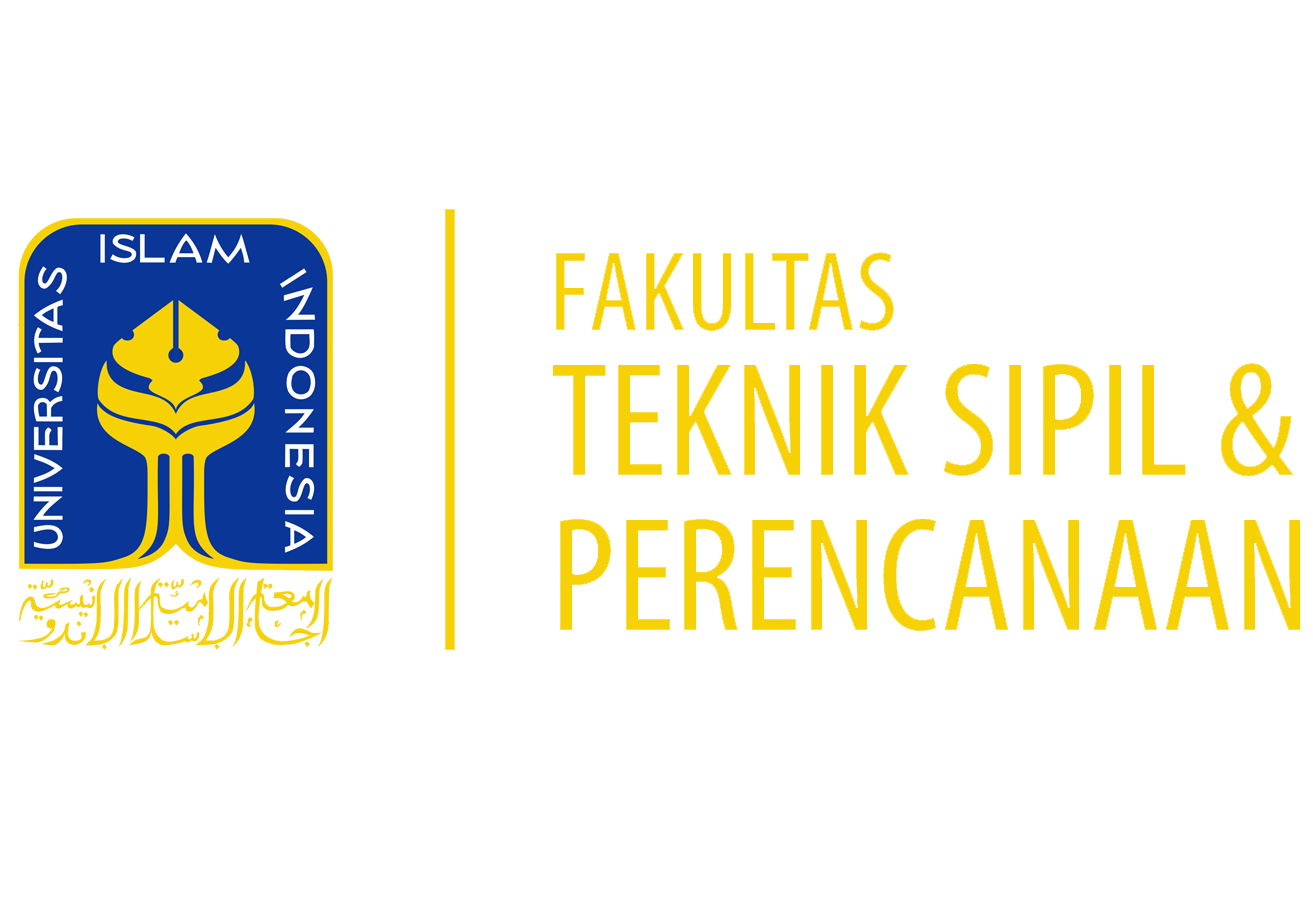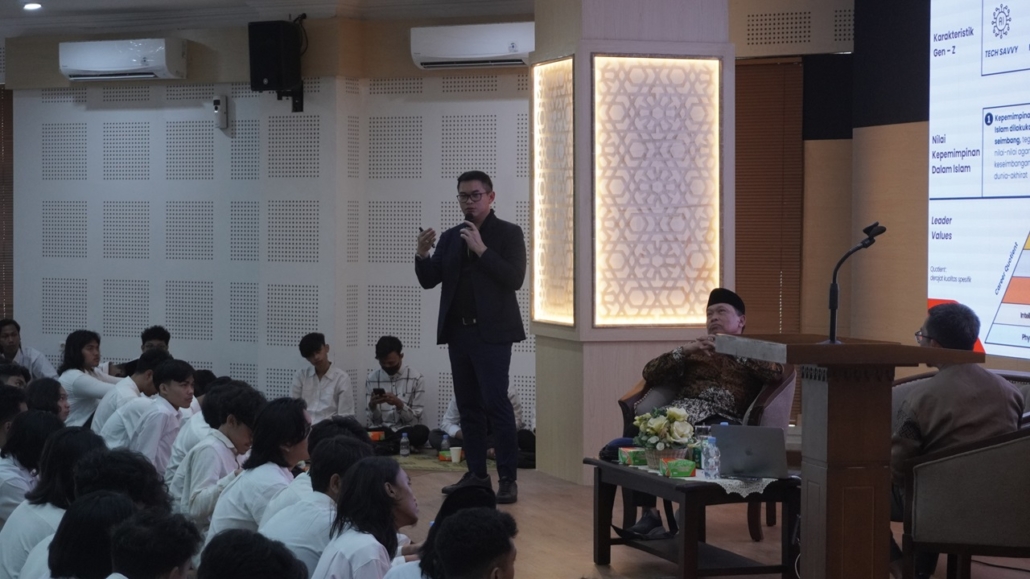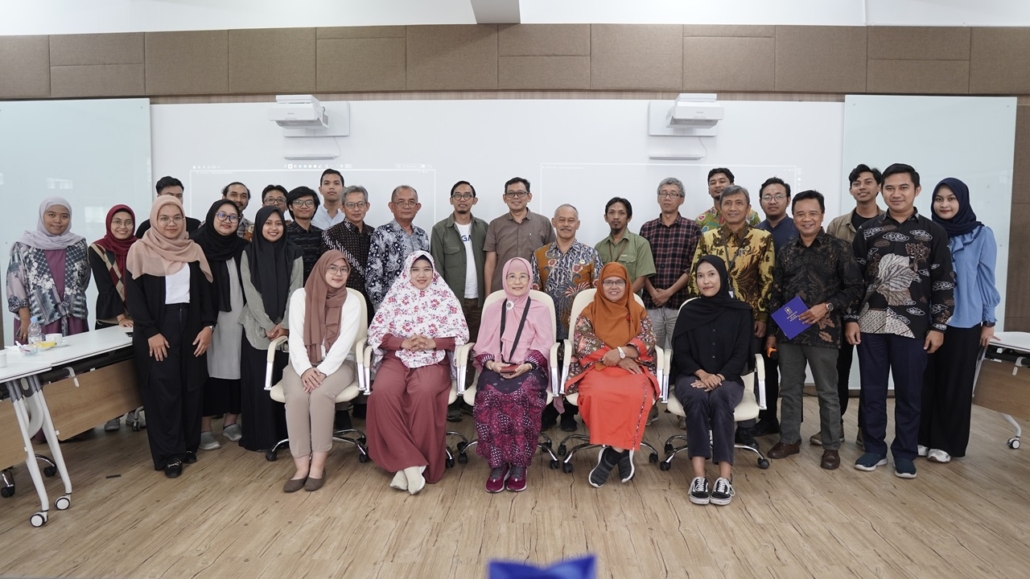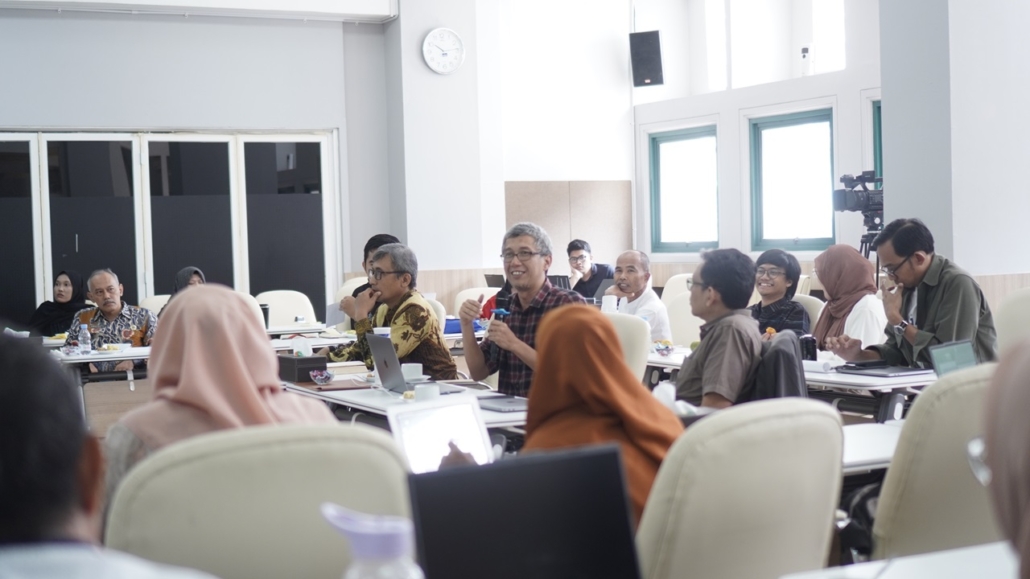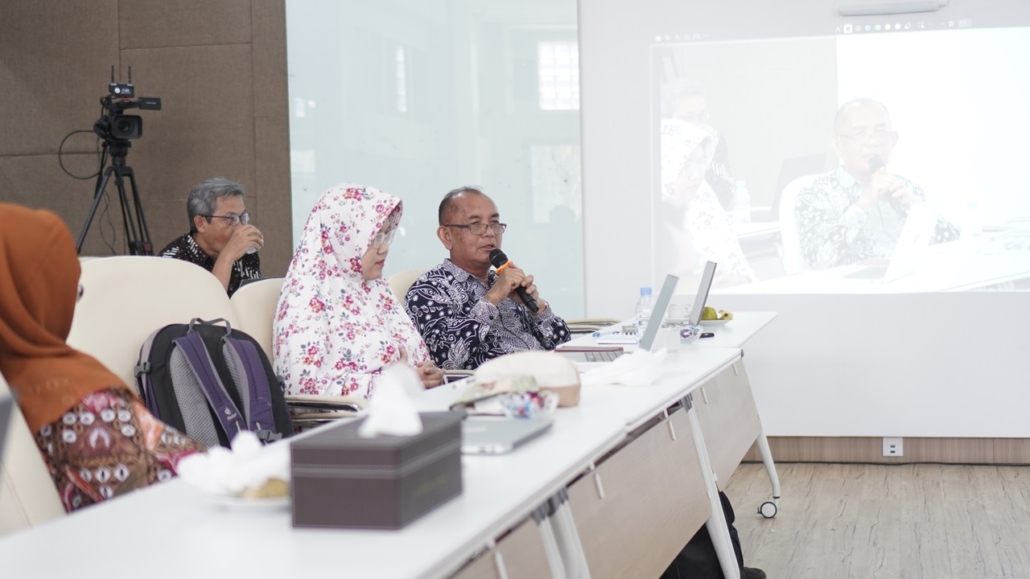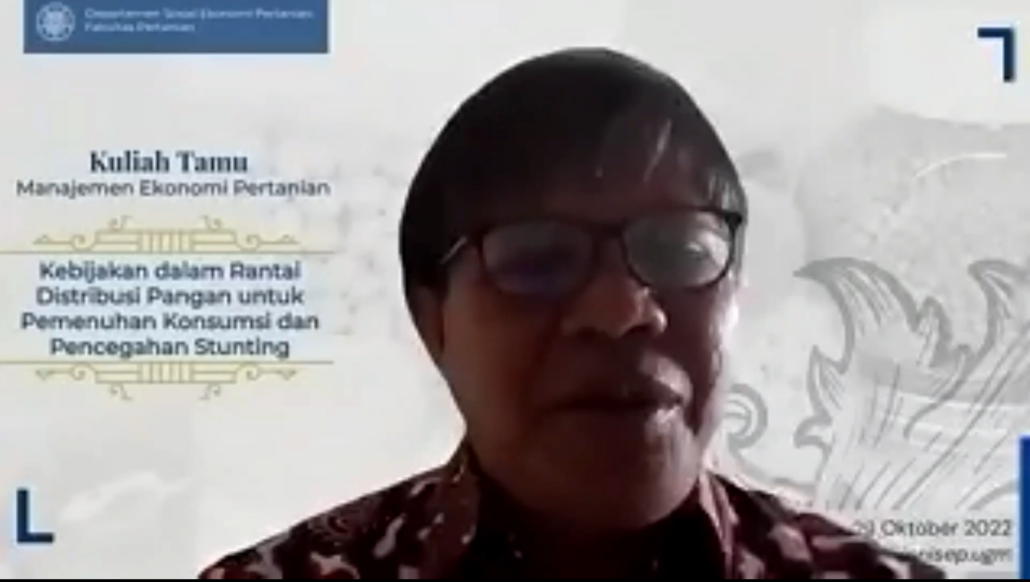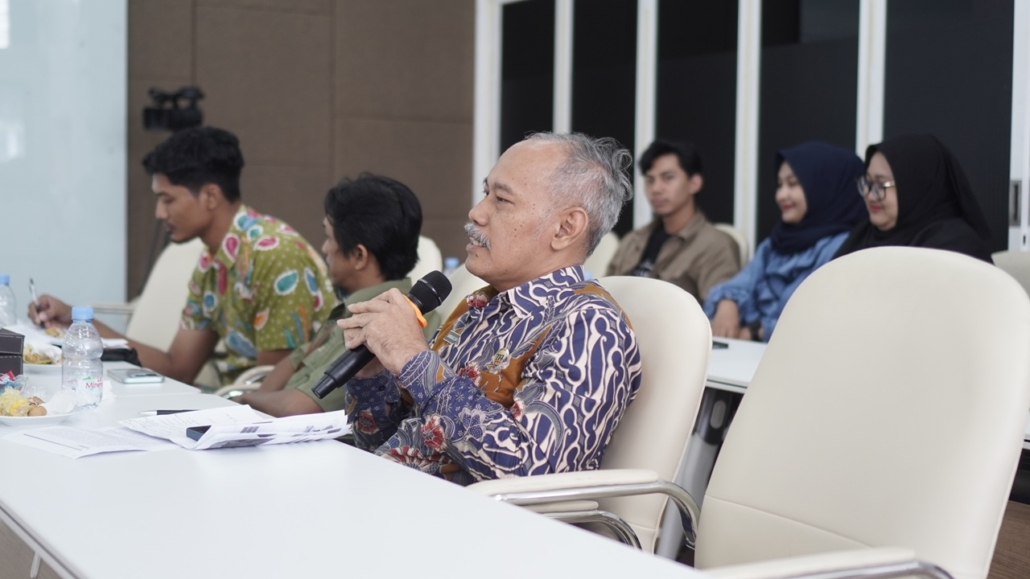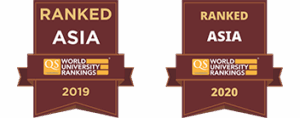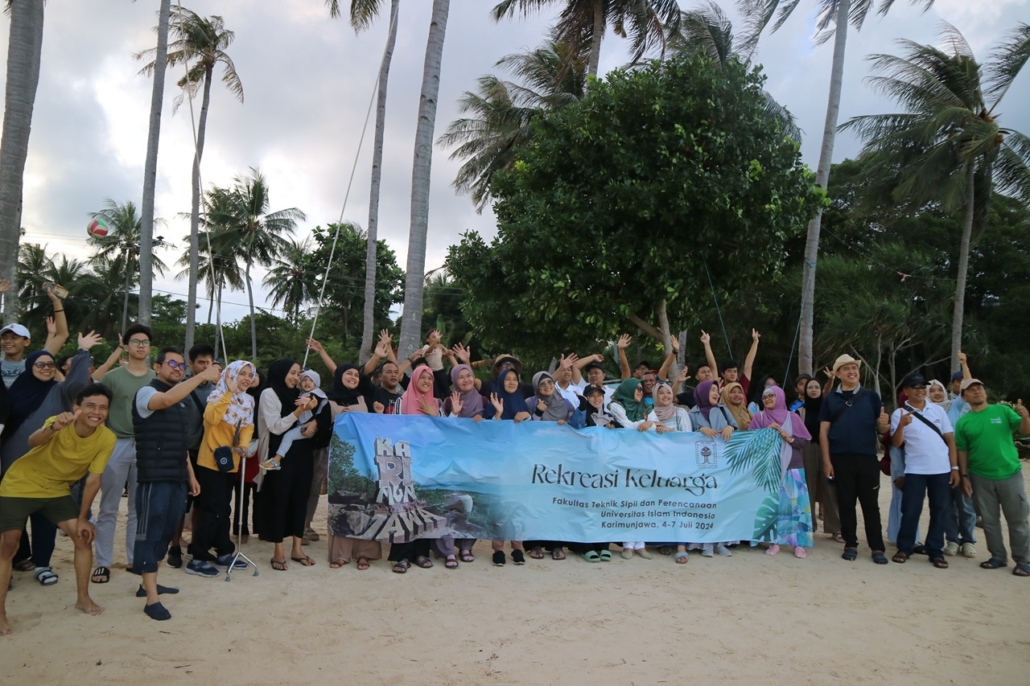
In order to knit togetherness, the Faculty of Civil Engineering and Planning (FTSP) of Universitas Islam Indonesia (UII) held a Family Gathering activity, on July 4-7, 2024 in Karimunjawa, Central Java, which was attended by around 120 participants consisting of lecturers and education staff and their families.
The group departed from Moh. Natsir Building, FTSP UII campus by using 3 buses to Kartini Jepara harbor. Once at the port, the trip continued with a crossing to Karimunjawa island using the Express Bahari ship. The trip took 250 minutes, and went straight to the Java Paradise Resort hotel as a place to stay.

On the first day, participants took a land tour to Bobby beach, Bukit Love and watched the sunset in the iconic Karimunjawa area. Furthermore, the second day’s agenda is a sea tour using 5 boats to shark breeding and snorkeling. Snorkeling is one of the must-do tourist activities when visiting Karimunjawa. This tourist destination is known to have many beautiful underwater spots that can be explored.
The first snorkeling location is Spot Nemo. From the boat, you can see the seabed with its corals and at this place, participants start wearing snorkeling equipment, such as frog shoes, snorkel goggles, and buoys. For those who cannot swim, snorkeling equipment can already be used to witness the beauty of the underwater. For those who can swim, they can remove the buoys to be able to dive occasionally to see the coral reefs more closely.
After snorkeling is complete, the ship continues its journey to one of the islands in Karimunjawa, Cemara Besar Island. Here participants had lunch with a menu of various fish, shrimp, chili sauce, fruit and vegetables. The fish is grilled directly on the island, so it is still warm. After eating, tourists can enjoy the beauty of Cemara Besar Island with white sand beaches and clear sea with not too big waves. One uniqueness of Cemara Besar Island is that there is a stretch of sand in the middle of the water that can be used for taking pictures.
The sea tour concludes at Ujung Gelam beach, also known as Tanjung Gelam beach, which is one of the best beaches in Karimunjawa. The location is filled with amazing beauty, the white sand that meets the clean coast adds to the beauty of the beach. In addition, there is a charm of the beach that has also become its identity, namely the sloping coconut tree which is used as an object to take pictures. Some participants captured important moments on the tree. There were also those who rented canoes to just go around the beach. There were even those who rode banana boats and jetskis.
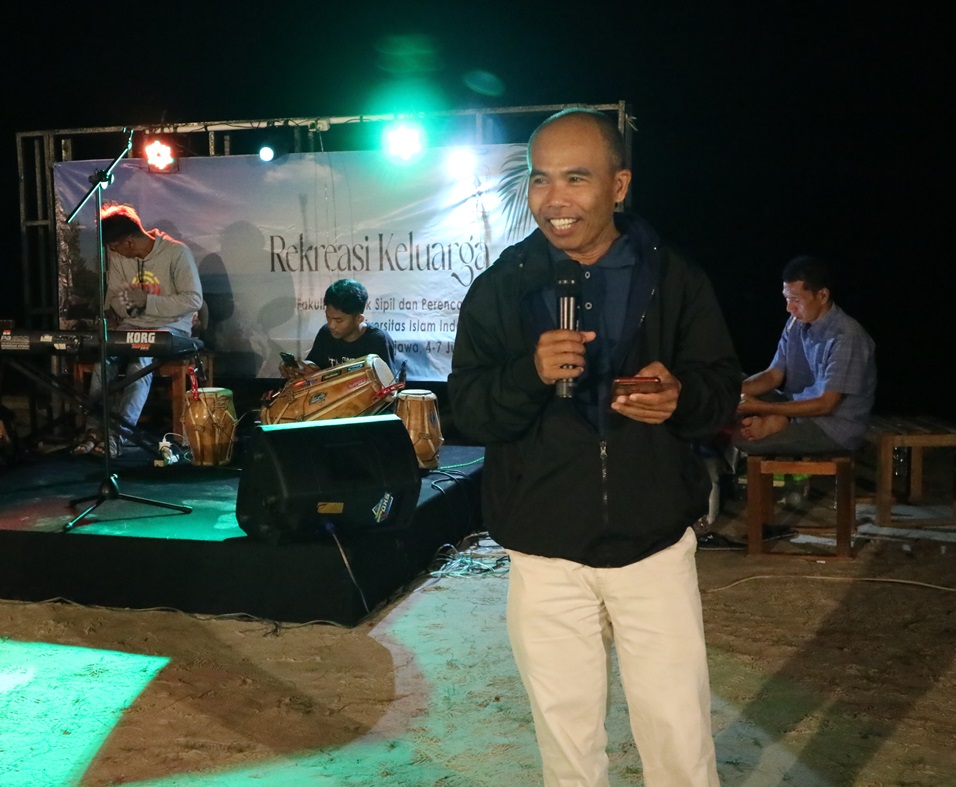
Furthermore, in the evening there were gathering activities on the beach in the Java Paradise hotel area. On this occasion, the Vice Dean for Resources of FTSP UII, Dr. Ir. Kasam, MT, gave a speech. In his speech, he expressed his gratitude to the participants who participated in enlivening the activity. He also said that the FTSP UII family recreation activity was a series of faculty work programs that had been established. “I hope that from this activity we can strengthen the sense of kinship, be more solid and of course establish a closer relationship,” he said.
